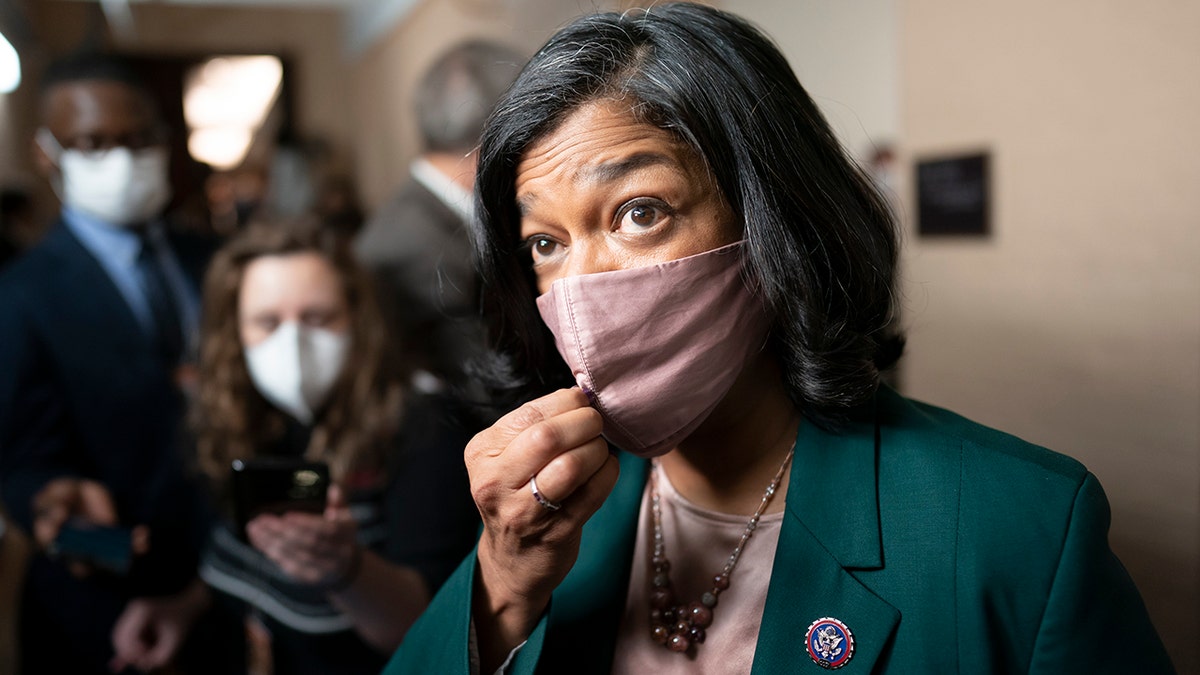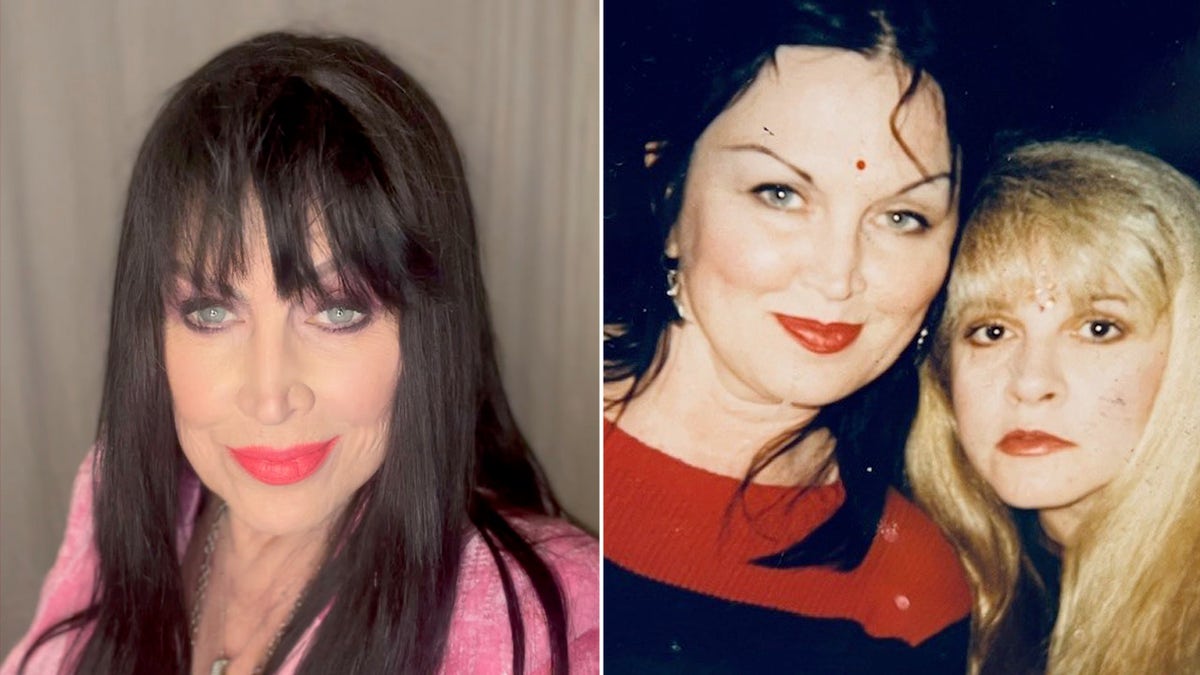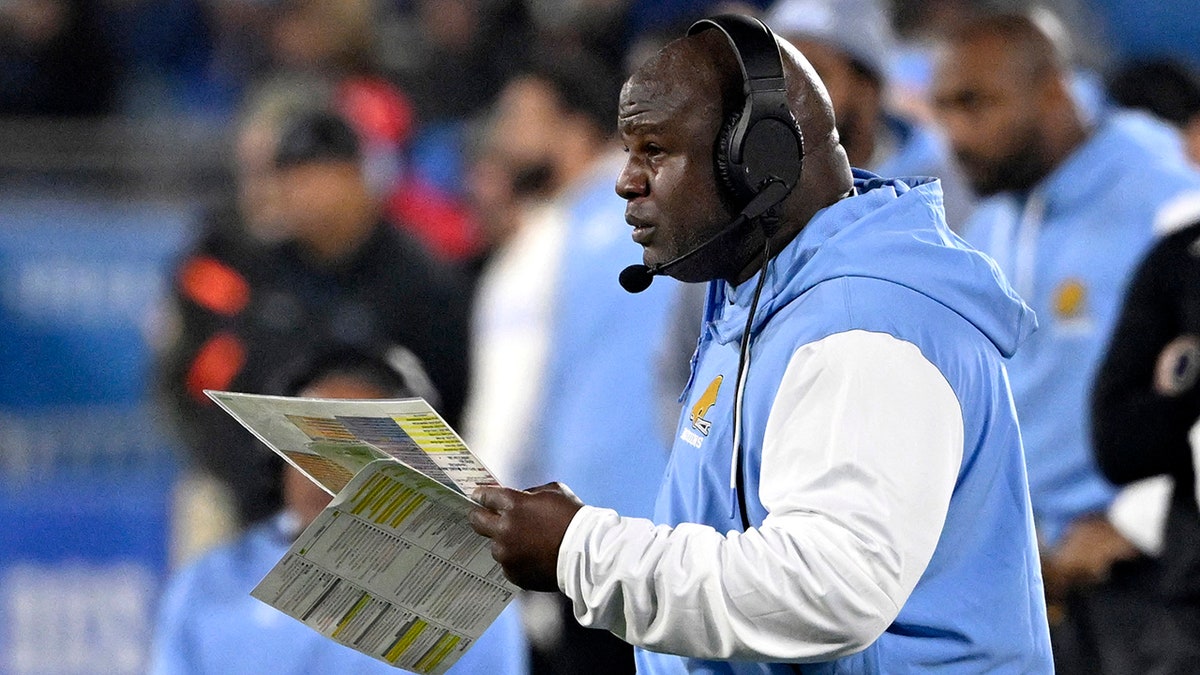Director Jacques Audiard has responded to the wave of criticism surrounding his Netflix musical, "Emilia Perez," a film about a Mexican cartel leader who transitions to life as a woman. The film has sparked debate, with controversies arising from star Karla Sofía Gascón's past social media posts and concerns regarding the film's depiction of Mexico.
Audiard addressed accusations of misrepresenting Mexico, clarifying his appreciation for the Spanish language. He emphasized his attraction to working in languages other than his native French and highlighted the global reach of Spanish. Audiard expressed his love for the language, stating that the criticisms misconstrued his intentions and were "exactly the opposite" of his actual views. He underscored the five years of work invested in the film and lamented its current denigration.
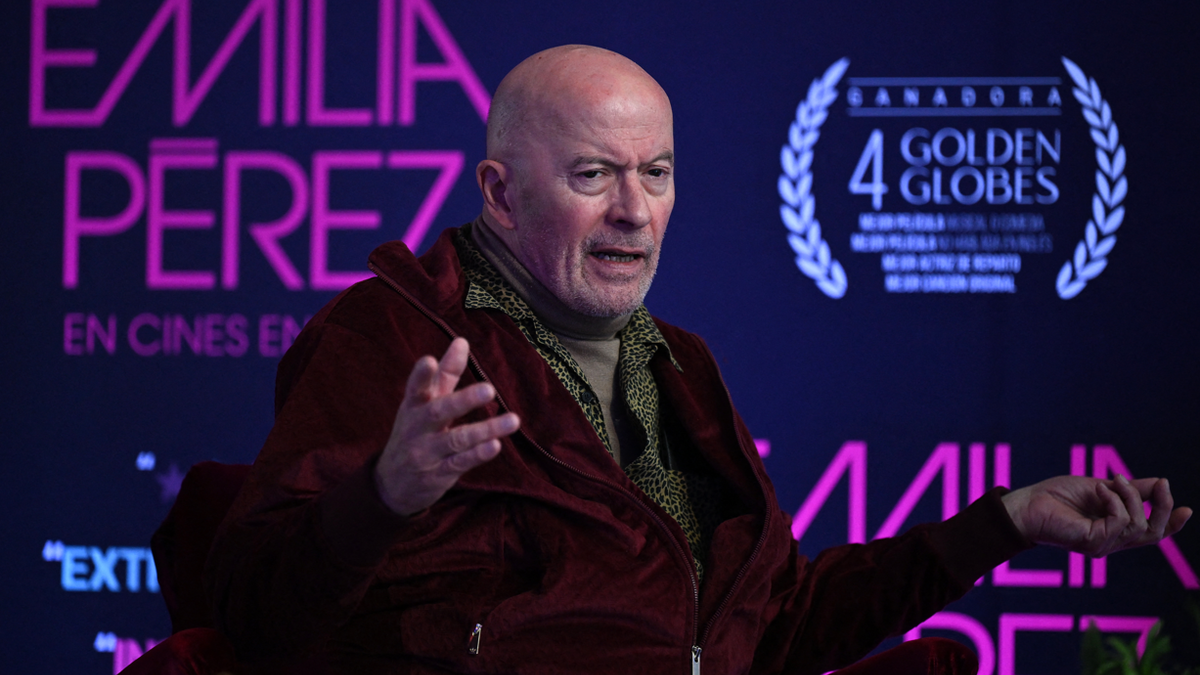
Further defending his artistic choices, Audiard explained that the film's portrayal of cartels is thematic rather than a central focus. He emphasized the stylized nature of the film as an opera, which necessitates schematic elements and may not adhere to strict realism. Audiard argued that he would have created a documentary if his aim had been a realistic portrayal.
He compared the film’s setting to the stylized nature of opera, stating, "For example, I read a review where it said that night markets in Mexico City don’t have photocopiers. Well, in night markets in Mexico City, one also doesn’t sing and dance. You have to accept that is part of the magic here. This is an opera, not a criticism of anything about Mexico."
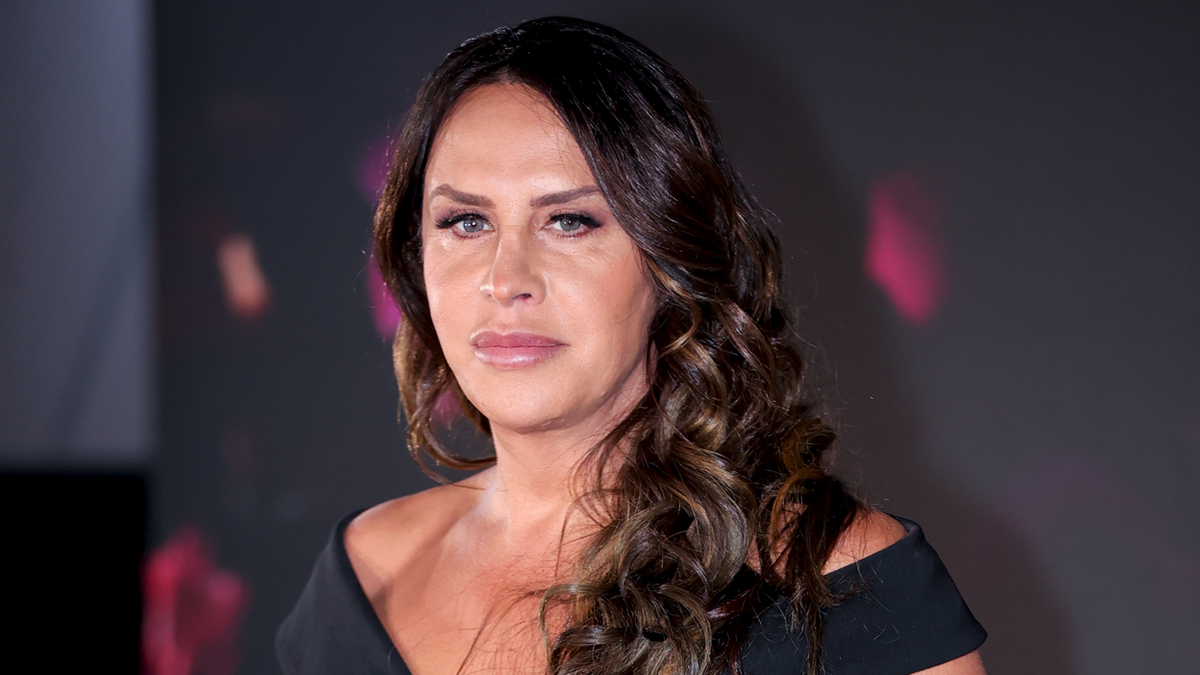
Regarding Gascón's controversial social media history, which included disparaging comments about religion and George Floyd, Audiard expressed his disappointment and the impact on their working relationship. He noted the shift from initial trust to the current situation, where Gascón's "hateful" statements have strained their connection. He mentioned Gascón’s recent tearful interview where she claimed to be a victim, and expressed that she needs to take accountability for her words.
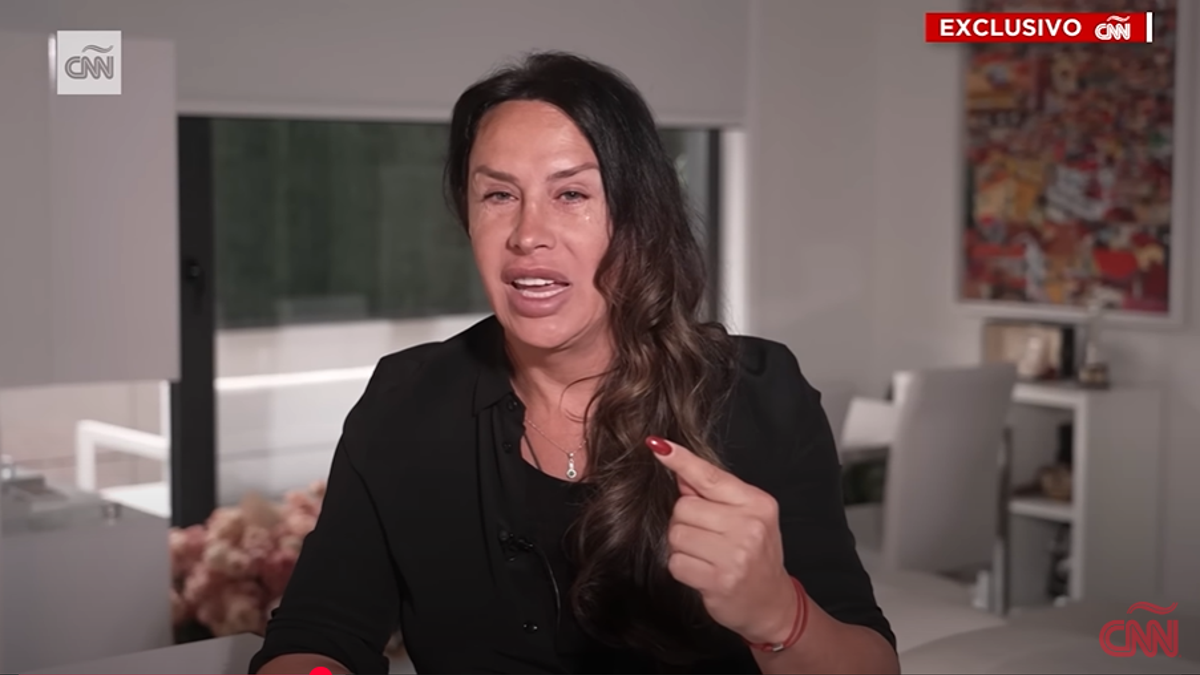
Audiard stated he is giving Gascón space to reflect and take responsibility, contrasting her self-portrayal as a victim with the impact of her words. He remarked, "It’s as if she thought that words don’t hurt."



